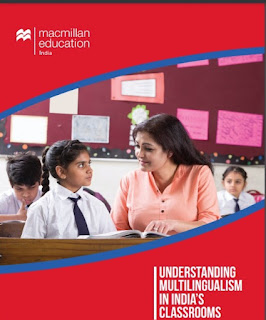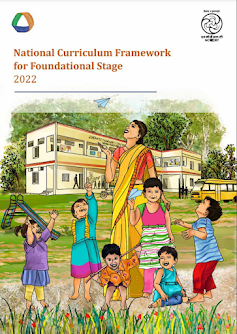Oxfam Paper on the “Right to Mother Tongue-Based Education for Tribals in India”
In my report on the Multilingual Education Conference in Bangkok in 2019, I mentioned a presentation from Anjela Taneja from Oxfam. I was very glad to note that Anjela has now taken the time to turn her findings into a paper so that we can all benefit from it. Upasana Lepcha has written below a helpful summary of the paper. Oxfam India has released a comprehensive paper on Multilingual Education (MLE) The Right to Mother Tongue-Based Education in Tribal India: A Comparative Perspective by Anjela Taneja. The paper examines already existing Mother-Tongue-Based-Multilingual Education (MTB-MLE) programmes in India for tribal populations. It brings to light the gaps and challenges facing MTB-MLE and makes recommendations on how to overcome them. The first part of the paper addresses the severe underuse of the mother tongue as a medium of instruction in India and how this is especially crippling for the tribal children. Although tribals constitute 8.6 percent of the total population (20



